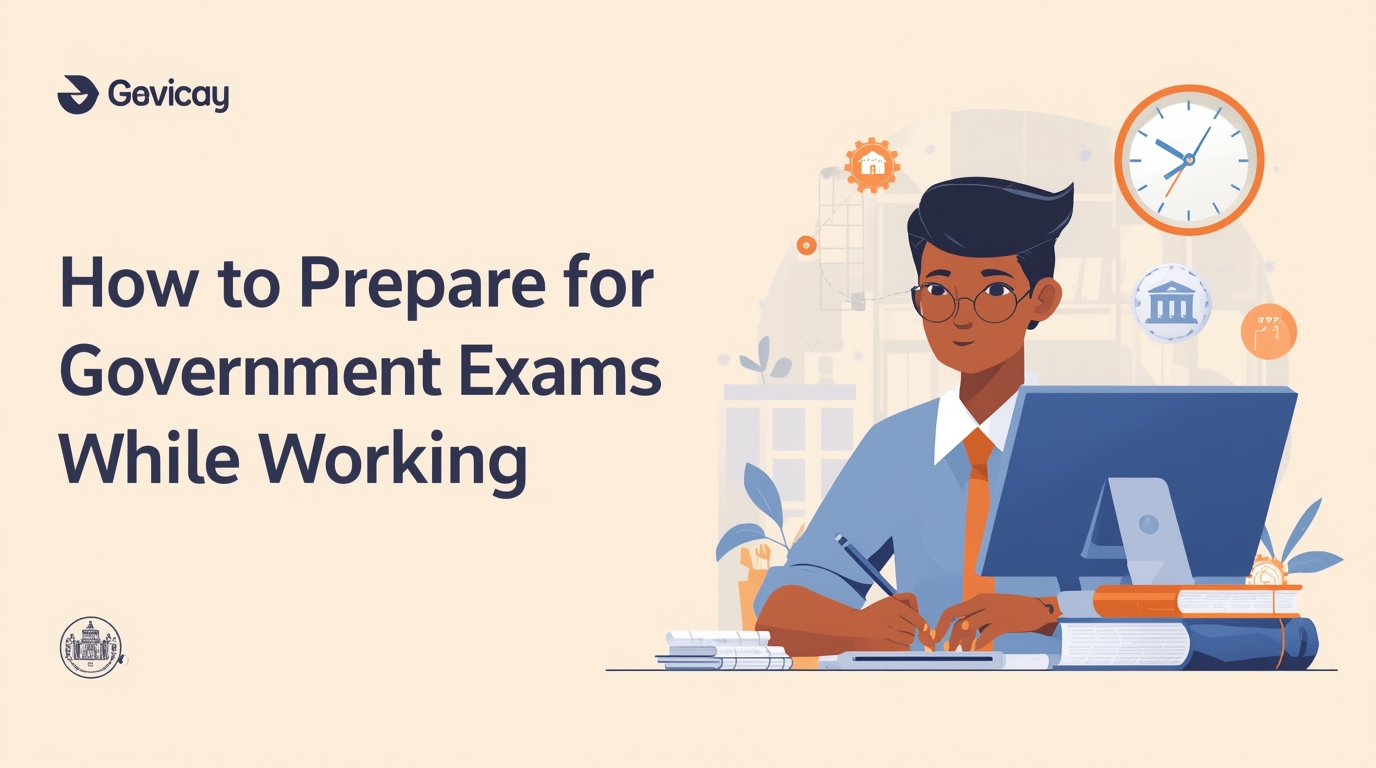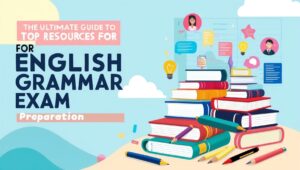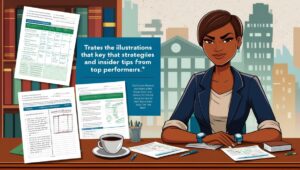Preparing for government examinations while maintaining a full-time job is one of the most challenging yet rewarding endeavors you can undertake. The path demands exceptional discipline, strategic planning, and unwavering commitment. However, thousands of candidates successfully navigate this dual responsibility every year, proving that with the right approach, achieving your goal of securing a government position while working is entirely possible.
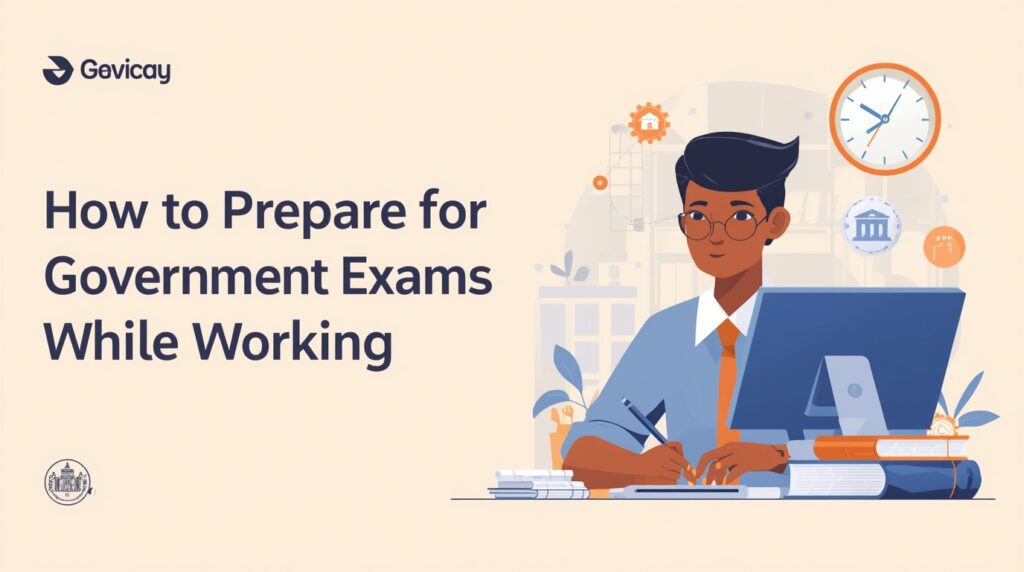
Understanding the Unique Challenge
The complexity of preparing for government exams while working extends beyond simple time management. You’re essentially juggling two full-time commitments: your current professional responsibilities and your preparation for highly competitive examinations. Government exams, whether for civil services, banking, railways, or other public sector positions, require comprehensive knowledge across multiple subjects, current affairs awareness, and strong analytical skills. The syllabus is vast, the competition fierce, and the stakes high. Meanwhile, your job demands focus, energy, and often extends beyond regular working hours with commutes, office politics, and professional development requirements.
This dual pressure creates a unique set of challenges. Mental fatigue becomes a constant companion as you transition from office work to study materials. The psychological burden of maintaining performance at work while preparing for an uncertain future can be overwhelming. Social isolation often follows as you sacrifice leisure time and social engagements for preparation. Financial constraints may limit access to coaching classes or study materials, while the fear of job loss if your preparation becomes known adds another layer of stress.
Creating a Realistic Study Schedule
The foundation of successful preparation while working lies in crafting a study schedule that acknowledges your limitations while maximizing available time. Begin by conducting an honest assessment of your daily routine. Track your activities for a week to identify pockets of time that can be converted into study sessions. Most working professionals find that early mornings, lunch breaks, commute time, and late evenings offer the best opportunities for focused study.

Early morning sessions, typically between 4:30 AM and 7:00 AM, often prove most productive. Your mind is fresh, distractions are minimal, and you can tackle complex topics requiring deep concentration. Use this time for subjects that demand analytical thinking or memorization of difficult concepts. If you’re not naturally a morning person, gradually adjust your sleep schedule over several weeks rather than making drastic changes that might affect your health and work performance.
Evening sessions require a different approach. After a full day of work, your cognitive resources are depleted, making it harder to absorb new information. Reserve evenings for revision, practice questions, or lighter topics like current affairs. The key is to maintain consistency rather than intensity. Studying for two hours daily with full concentration yields better results than sporadic six-hour sessions that leave you exhausted.
Weekends demand special consideration. While the temptation to study for eight to ten hours might be strong, maintain balance to prevent burnout. Allocate six to eight hours on Saturdays and Sundays, broken into manageable chunks with adequate breaks. Use weekends for comprehensive revision, mock tests, and tackling subjects that require extended focus.
Maximizing Productivity Through Smart Study Techniques
Working professionals cannot afford inefficient study methods. Every minute counts, making it crucial to adopt techniques that maximize retention and understanding. Active recall, where you test yourself on material rather than passively reading, proves particularly effective. After reading a topic, close your books and write down everything you remember. This technique strengthens memory formation and identifies knowledge gaps quickly.
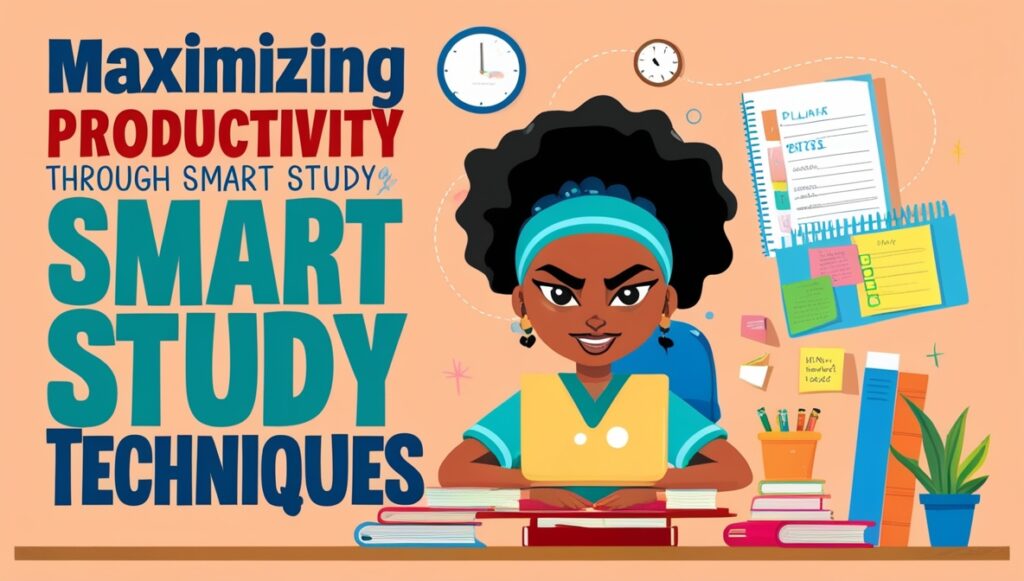
The Pomodoro Technique adapts well to the working professional’s schedule. Study for 25 minutes with complete focus, then take a 5-minute break. After four cycles, take a longer 15-30 minute break. This method prevents mental fatigue while maintaining high concentration levels during study periods. During short breaks, avoid social media or activities that might extend beyond the allocated time.
Mind mapping helps connect diverse topics and aids quick revision. Create visual representations of subjects, especially for topics with multiple interconnected concepts. These maps serve as excellent revision tools during commute or lunch breaks when carrying extensive notes isn’t practical. Digital mind mapping tools allow you to access and update your notes from anywhere.
Spaced repetition ensures long-term retention of information. Instead of cramming topics, review them at increasing intervals. Review new material after one day, then three days, then a week, then a month. This technique works particularly well for static portions of the syllabus like history, geography, or fundamental concepts that don’t change frequently.
Integrating Preparation into Your Work Life
Your commute time represents a goldmine of study opportunity often left untapped. If you use public transportation, this time can be utilized for reading newspapers, reviewing notes, or watching educational videos. Download podcasts covering current affairs or subject-specific content for passive learning during travel. If you drive, listen to audio summaries of important topics or current affairs discussions. Even a 30-minute commute each way provides an additional hour of daily preparation time.
Lunch breaks offer another opportunity for preparation. Instead of spending the entire hour socializing or browsing social media, dedicate 30 minutes to quick revision or solving practice questions. Keep a set of notes or a handbook in your office drawer for easy access. Online test series can be attempted in parts during these breaks, helping you maintain touch with exam patterns.
Transform waiting time into productive study sessions. Whether waiting for meetings, appointments, or during system downtime at work, use mobile apps for quick quizzes or flashcard reviews. These micro-learning sessions, though brief, accumulate into significant study time over weeks and months.
Managing Work Performance While Preparing
Maintaining exemplary performance at work while preparing for exams requires strategic thinking. Your current job provides financial stability and possibly relevant experience for your future government position. Jeopardizing it through negligence or obvious distraction could derail both your present and future plans.
Compartmentalization becomes essential. When at work, focus entirely on professional responsibilities. Avoid using office time for preparation unless explicitly during breaks. This discipline prevents performance issues and maintains professional relationships that might prove valuable even after you leave. Many colleagues could become important network connections in your government career.
Be strategic about revealing your preparation plans. While some organizations support employee growth, others might view your preparation as disloyalty or lack of commitment. Gauge your workplace culture before sharing your aspirations. If possible, frame your preparation as personal development rather than an exit strategy. Some topics you study might actually enhance your current job performance, particularly in areas like analytical thinking, current affairs awareness, or communication skills.
Consider requesting subtle workplace adjustments without revealing your true intentions. For instance, negotiate for consistent working hours by citing health or family reasons, making it easier to maintain a study schedule. If possible, avoid volunteering for additional projects or overtime unless absolutely necessary for job security.
Maintaining Physical and Mental Health
The dual pressure of work and exam preparation can severely impact health if not managed properly. Physical fitness directly correlates with mental performance and stress management. Incorporate at least 30 minutes of physical activity into your daily routine. This could be a morning jog, evening yoga, or simple stretching exercises between study sessions. Physical activity improves blood flow to the brain, enhances concentration, and provides a necessary break from mental tasks.

Nutrition plays a crucial role in maintaining energy levels throughout your demanding schedule. Avoid the temptation of excessive caffeine or energy drinks that provide temporary boosts followed by crashes. Instead, maintain a balanced diet rich in proteins, complex carbohydrates, and healthy fats. Prepare weekly meal plans to avoid relying on fast food when time is scarce. Keep healthy snacks like nuts, fruits, or energy bars readily available for study sessions.
Sleep optimization becomes crucial when time is limited. While you might need to reduce sleep slightly to accommodate study time, never compromise below six hours regularly. Quality matters more than quantity; ensure your sleep environment is conducive to rest. Avoid screens for at least an hour before bedtime, maintain consistent sleep schedules even on weekends, and consider power naps of 15-20 minutes during lunch breaks if extremely tired.
Stress management techniques prevent burnout and maintain long-term sustainability of your preparation. Practice meditation or deep breathing exercises for 10 minutes daily. These techniques improve focus, reduce anxiety, and enhance overall well-being. When feeling overwhelmed, remind yourself that this challenging phase is temporary and focused on a specific goal.
Leveraging Technology and Resources
Modern technology offers working professionals unprecedented advantages in exam preparation. Online coaching platforms provide flexibility to attend classes according to your schedule. Recorded lectures can be watched during commute or lunch breaks, paused and rewatched for difficult concepts, and accessed from anywhere. This eliminates travel time to physical coaching centers while providing quality instruction.

Mobile applications transform smartphones into portable coaching institutes. Apps offering daily quizzes, current affairs updates, previous year question papers, and subject-specific content make every moment potentially productive. Customize notifications to receive important updates without becoming distracted by unnecessary information. Use apps that work offline to utilize time in areas with poor connectivity.
Digital note-taking tools synchronize across devices, ensuring your study materials are always accessible. Cloud storage prevents loss of important notes and allows seamless transition between studying at home, office, or during commute. Collaborative platforms enable joining study groups with other working professionals facing similar challenges, providing motivation and resource sharing opportunities.
YouTube channels and educational podcasts offer free, high-quality content covering entire syllabi. Create playlists organized by subject and topic for systematic coverage. Variable playback speeds allow you to consume content faster as you become comfortable with topics. Remember to verify information from free sources against standard textbooks or official materials.
Building a Support System
Isolation can derail even the most determined candidates. Building a strong support system provides emotional stability and practical assistance during your preparation journey. Family support proves invaluable; clearly communicate your goals and the temporary nature of this intensive phase. Negotiate household responsibilities and seek understanding for reduced social participation. When family members understand your vision, they often become your strongest cheerleaders.
Connect with other working professionals preparing for similar exams. Online forums and social media groups provide platforms for doubt clarification, resource sharing, and moral support. Knowing others face similar challenges reduces feelings of isolation and provides practical tips from those who’ve successfully navigated this path. However, avoid spending excessive time on forums that could be used for actual preparation.
Consider finding a study partner with similar goals and schedules. Mutual accountability improves consistency, while discussion and debate enhance understanding of complex topics. Weekend joint study sessions can break monotony and provide healthy competition. Ensure your study partner is equally committed to avoid disruptions to your preparation.
Professional mentorship from someone who successfully cleared government exams while working provides invaluable guidance. Their experience helps avoid common pitfalls, optimize strategies, and maintain motivation during difficult phases. Many successful candidates willingly share experiences through blogs, videos, or personal interactions.
Conclusion
Preparing for government exams while working demands exceptional commitment, strategic planning, and consistent execution. The journey tests your limits but also reveals capabilities you might not have known existed. Success requires accepting that this phase involves temporary sacrifices for long-term gains. Social gatherings might be missed, hobbies temporarily abandoned, and comfort zones consistently challenged.
Remember that thousands have successfully traveled this path before you. Their success wasn’t due to extraordinary intelligence or circumstances but rather persistent effort, smart strategies, and unwavering focus on their goal. Every early morning study session, every lunch break spent revising, and every weekend dedicated to preparation brings you closer to your objective.
The dual challenge of maintaining professional responsibilities while preparing for competitive exams builds valuable skills beyond exam preparation. Time management, stress handling, discipline, and perseverance developed during this phase serve you throughout your career, whether in government service or elsewhere. The journey transforms you into a more capable, confident individual regardless of the outcome.
Stay connected to your motivation for pursuing government service. Whether it’s job security, opportunity to serve society, or personal ambition, let this purpose guide you through difficult moments. When exhaustion sets in or progress seems slow, remember why you started this journey. Visualization of your success, wearing that uniform or sitting in that office, provides powerful motivation during challenging times.
Finally, maintain perspective throughout your preparation. While clearing the exam is important, it shouldn’t come at the cost of your health, relationships, or current career stability. Strike a balance that pushes you toward your goal while maintaining sustainable life patterns. If you don’t succeed in your first attempt, the skills, knowledge, and discipline gained make subsequent attempts more likely to succeed. The journey of preparing for government exams while working shapes you into exactly the kind of dedicated, multitasking professional that government services need.
